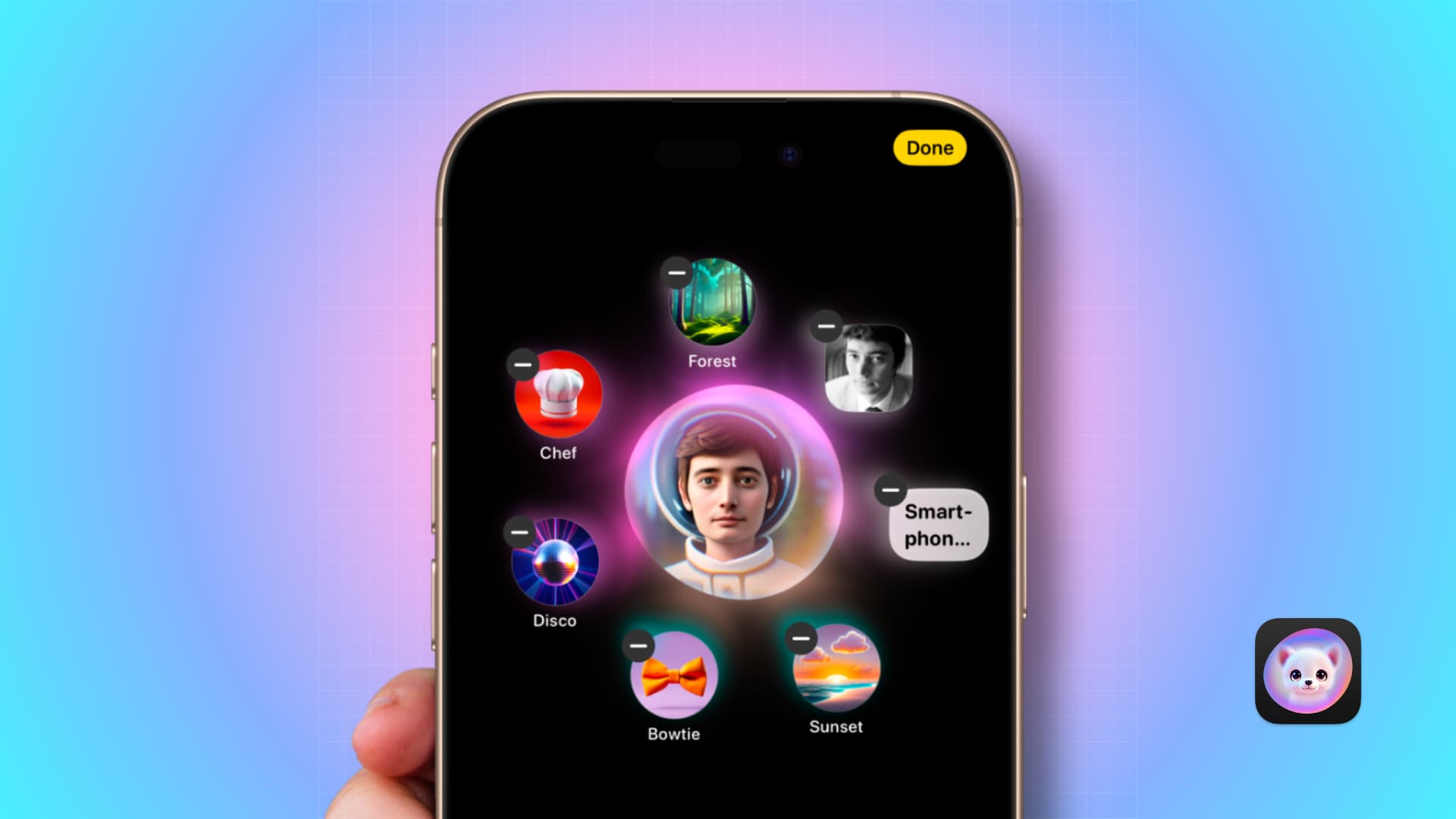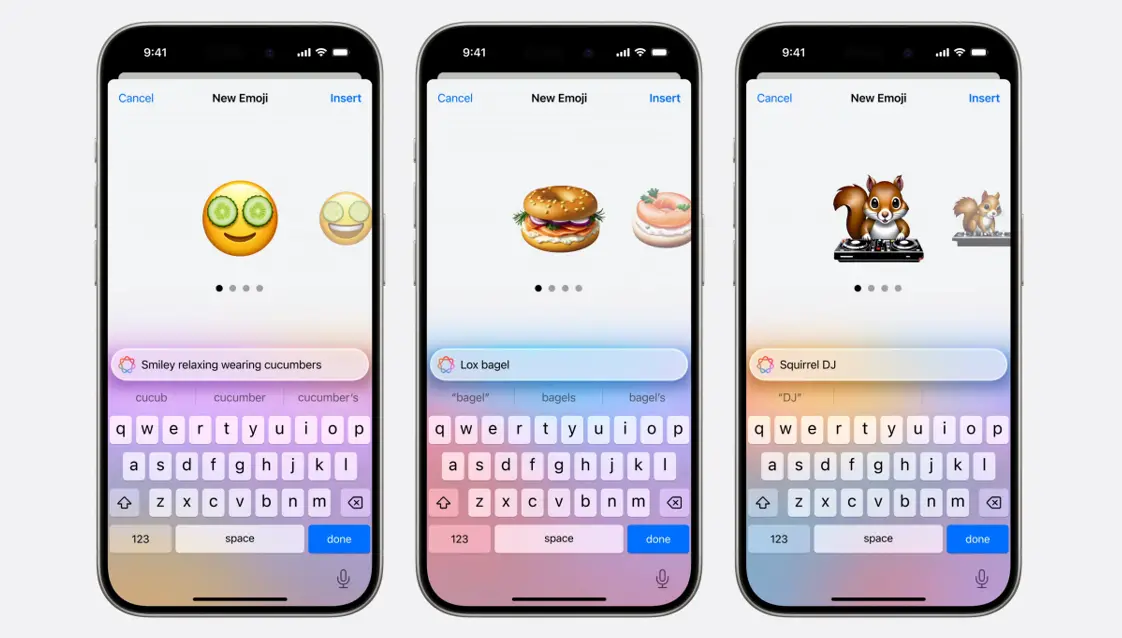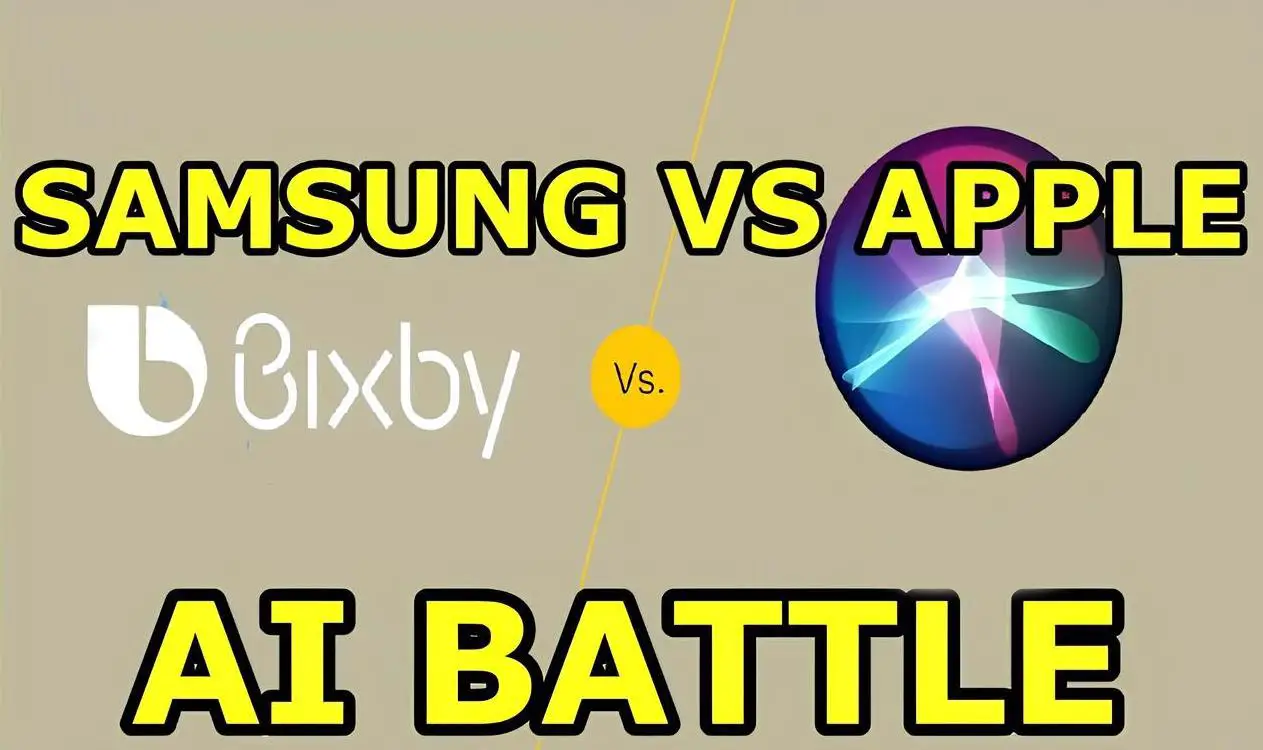![iPhone vs Samsung: Who has the best AI assistant?[Video]](/images/Now-Brief-Illustration4.webp)
Apple’s iPhone 16: Marketing Hype or Real Innovation? Let’s Break It Down
When Apple launched the iPhone 16, it did something truly “unique”: it began advertising features that didn’t exist at launch. Classic Apple—promising the moon and then making users wait months for software updates. But who are we to complain? After all, Apple is the brand that “invents” what competitors have already perfected. Months after the marketing frenzy, Apple Intelligence finally arrived. But was it worth the wait? And is the iPhone 16 even worth buying for this? Let’s dive in, and compare it to what other manufacturers have offered for years.
Read Also:
Satoshi Nakamoto turned out to be richer than Bill Gates
Best AI Image Generator, Image Generate Models - Create Visual Art
Trading Bot: Hidden Markov Model for Trading Using Python
Apple Intelligence: Repackaged Ideas, Not Revolution
Apple Intelligence is essentially a collection of AI features the company is trying to frame as groundbreaking. Let’s be honest: most of these have been staples on Samsung Galaxy devices, Google Pixels, and others for years. For instance, Apple’s praised “notification summarization” is something Samsung’s Bixby has done for ages. But of course, Apple spun it as “innovative.”
The company focuses on three areas:
- Information Aggregation: Grouping notifications and providing summaries. While this works decently for news, it struggles with chat messages. For example, if you’re joking with friends, Apple Intelligence might misinterpret the tone and declare, “Your friends are discussing something important. But what exactly? A mystery!”
- Creative Tools: Features like Gen Emoji (custom emoji creation) and Image Playground (AI image generation) aim to dazzle users unfamiliar with competitors’ offerings. While Gen Emoji is fun, it’s hardly revolutionary. Image Playground, however, falls flat—users criticize its primitive results compared to tools on Samsung or Pixel devices.
- Siri’s Upgrade: The assistant now understands natural language better and handles sequential requests. But here’s the catch: for complex tasks, Siri still relies on ChatGPT. So why buy an iPhone 16 for AI when ChatGPT works on any device? Samsung’s Bixby and Google Assistant, meanwhile, have integrated similar features without requiring a new flagship purchase.


My Take: Apple’s genius lies in rebranding existing tech as “innovative.” While seamless integration with iOS is a plus, the lack of originality is glaring. The heavy reliance on ChatGPT also undercuts Apple’s claims of AI independence.
Samsung’s Galaxy S25: AI That Actually Works
Let’s compare hardware and real-world performance. The iPhone 16’s A18 chip is fast, but the Snapdragon 8 Elite in the Galaxy S25 boasts a 40% faster NPU (Neural Processing Unit)—critical for AI tasks. Samsung’s AI assistant outperforms Siri in most scenarios, and Galaxy S25 buyers get a free 6-month subscription to Gemini Advanced, Google’s premium AI model.
Samsung’s AI Wins:
- Contextual Awareness: Automatically detects phone numbers, emails, and URLs on-screen, suggesting actions (e.g., saving contacts or mapping addresses).
- Now Brief: Creates personalized daily summaries using data from your calendar, health apps, and more. It even advises rescheduling workouts if it detects poor sleep patterns.
- Photo Editing: Samsung’s AI erases objects flawlessly and realistically redraws backgrounds—results are near-professional, putting Apple’s Image Playground to shame.

My Take: Samsung isn’t just matching Apple; it’s setting the bar higher. Features like Now Brief show practical, user-centric AI, while photo editing tools offer tangible value. Apple’s focus on gimmicks (looking at you, Gen Emoji) feels out of touch.
The Bigger Picture: Who’s Leading the AI Race?
Google Pixel’s Magic Editor and Xiaomi’s HyperOS also deserve nods for AI innovation. For instance, Google’s Call Screen feature, which filters spam calls using AI, has been a game-changer since 2021—a feature Apple still lacks.
The Ecosystem Trap: Apple’s strength is its closed ecosystem. If you’re deep into Apple products, the iPhone 16’s AI might feel more integrated. But standalone AI? Samsung and Google are miles ahead.
My Opinion: The iPhone 16 caters to brand loyalists, not tech pioneers. With rivals offering superior AI at no extra cost, Apple’s “innovations” feel like marketing theater. Unless you’re committed to iOS, your money is better spent elsewhere.
Final Verdict: Think Before You Upgrade
If you want real AI advancements, the Galaxy S25 or Google Pixel 9 are smarter buys. Samsung’s hardware and AI integration are objectively stronger, and Google’s ecosystem thrives on open innovation. Apple’s “unique” features? Mostly recycled ideas in shiny packaging.
That said, Apple’s loyal fanbase will likely embrace the iPhone 16 regardless. But for the rest of us, it’s worth asking: why pay a premium for yesterday’s tech?


